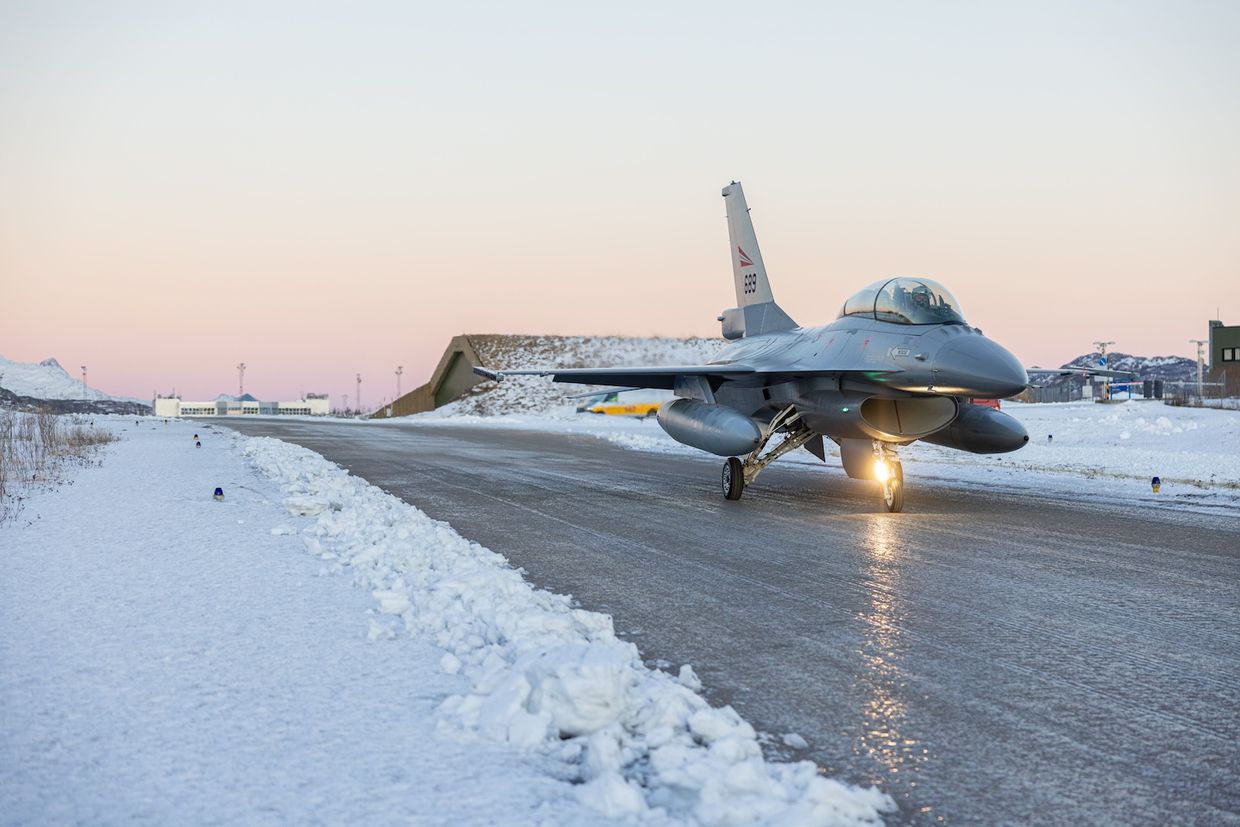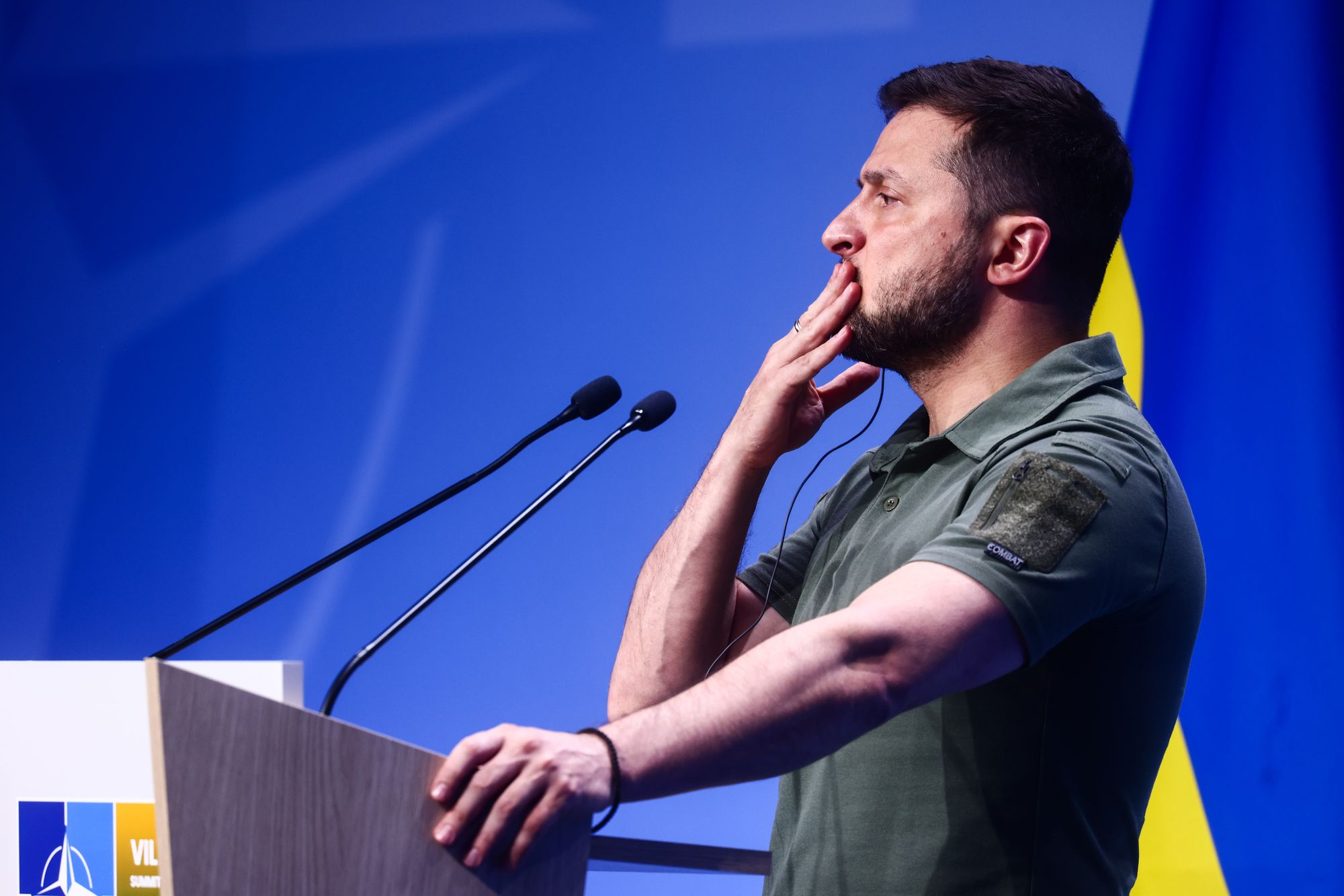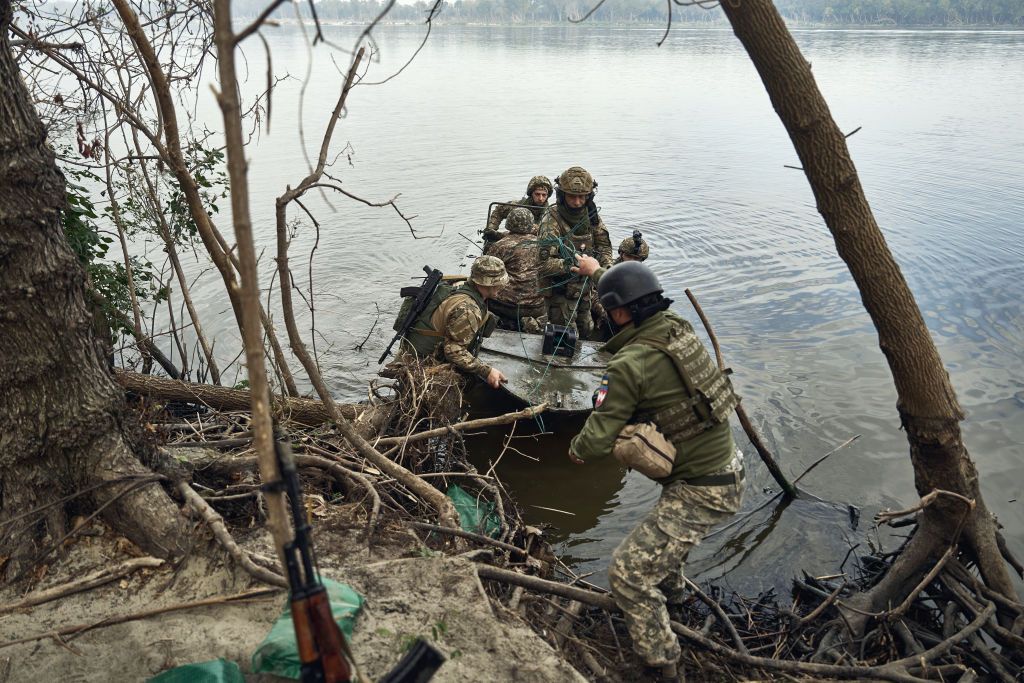Ex-NATO chief: Not inviting Ukraine to join alliance gives Putin incentive to continue the war

NATO should extend an invitation to Ukraine at the Washington Summit in July, as it could serve as “an instrument” to ending Russia’s war, the alliance’s former Secretary General, Anders Fogh Rasmussen, said on Jan. 30 in Kyiv.
“I know that (NATO's invitation to Ukraine) would be a controversial and at least an unprecedented decision to take, to invite a country already at war into NATO. And I know this would be used as a counterargument from those who are skeptical about extending such an invitation,” Rasmussen said.
“But that's an extremely dangerous argument to use because it gives (Russian President Vladimir) Putin an incentive to continue his war to prevent Ukrainian membership of NATO.”
“It gives de facto Putin a veto right. And obviously, that's not acceptable,” he explained, adding that this would send “an extremely dangerous message to the rest of the world,” such as to China regarding Taiwan.
The high-profile diplomat’s visit to Kyiv comes amid the world’s fading attention to Ukraine and the continuous stalling of EU and U.S. aid.
Ukraine officially applied for NATO membership in September 2022. The incumbent NATO Secretary-General, Jens Stoltenberg, said in a Jan. 28 interview that Ukraine would join NATO "at a certain stage," without elaborating further. It is widely considered extremely unlikely that NATO would extend an invitation to Ukraine before the war with Russia is over.

Speaking at a press conference in Kyiv after a meeting involving President Volodymyr Zelensky and his chief of staff, Andrii Yermak, Rasmussen, who is also the former Danish prime minister, insisted that Western allies must provide all the weapons Ukraine needs to win the war “as fast as possible.”
“Time has come to lift old self-imposed restrictions on weapons deliveries and deliver all the weapons Ukraine needs as fast as possible,” Rasmussen reiterated.
“We need to give Ukraine all the weapons Ukraine needs to win this war. That means long-range missiles, fighter jets, heavy battle tanks and electronic warfare systems, drones, everything you need.”
Asked by the Kyiv Independent to name NATO’s most crucial mistakes in helping Ukraine win the war, Rasmussen said, “Obviously, it was a mistake back in 2008 to promise Ukraine membership to NATO and then doing nothing to follow up.”
Rasmussen refers to NATO's 2008 decision at the Bucharest Summit not to invite Ukraine and Georgia but say that they would become members one day. Russia has repeatedly threatened NATO against inviting the two nations.
Germany and France blocked the invitation in 2008, a decision heavily criticized by Kyiv but defended by former German Chancellor Angela Merkel herself.
“And we should not repeat that mistake,” insisted Rasmussen, who served as the Secretary General from 2009 to 2014.

Answering the Kyiv Independent’s question on what he perceives as NATO’s critical mistakes during the war, Yermak said that he believes it is the fact that Ukraine is still not in the alliance.
Rasmussen and Yermak also said during the 30-minute press conference that the Working Group On International Security Guarantees for Ukraine, co-chaired by the two officials, strives to present to the allies that an invitation could be used to build peace.
At the previous NATO summit in Vilnius, Stoltenberg said that Ukraine is now “closer to NATO than ever before” and that the alliance would extend an invitation “when Allies agree that conditions are met” – without elaborating on the conditions.
“Now the question is, which condition? ” Rasmussen said. “And that's what the group will look upon. So, we will identify which conditions are the most important. Are they already fulfilled? And if they are not fulfilled, how can they be fulfilled, and when could or should they be fulfilled?
The working group’s nine-page proposal, Kyiv Security Compact, was published by the President’s Office in September 2022. Zelensky summarized it as "political, financial, military and diplomatic resources" to strengthen Ukraine's defense capabilities and should become the baseline of a new security architecture for Kyiv.
“How could an invitation to Ukraine to join NATO be used as an instrument to give Putin an incentive to stop the war?” Rasmussen raised a question. “That's what the international working group will look upon so that we could say an invitation paves the path to peace.”

More than a year after the pact’s publication, the front-line situation appears to have reached a new stage in which it is extremely tough for either side to make any noticeable progress.
Russia is launching fierce all-out offensives on multiple axes, particularly on Kupiansk in northeastern Kharkiv Oblast and on Avdiivka in eastern Donetsk Oblast. Ukraine’s much-anticipated summer counteroffensive ended without achieving any major targets.
Despite that, Yermak insists that there is “no plan B.”
“There is only Plan A – victory, our membership in the European Union, our membership in NATO,” he said.
At the press conference, Rasmussen also paid tribute to the Ukrainian troops for their bravery.
“(Ukrainian troops) are not only fighting to defend their own people. They are fighting to defend all of us. They are fighting to protect freedom and democracy,” he said.
“That's why we owe them to help them all we can. And that's why I'm here.”













